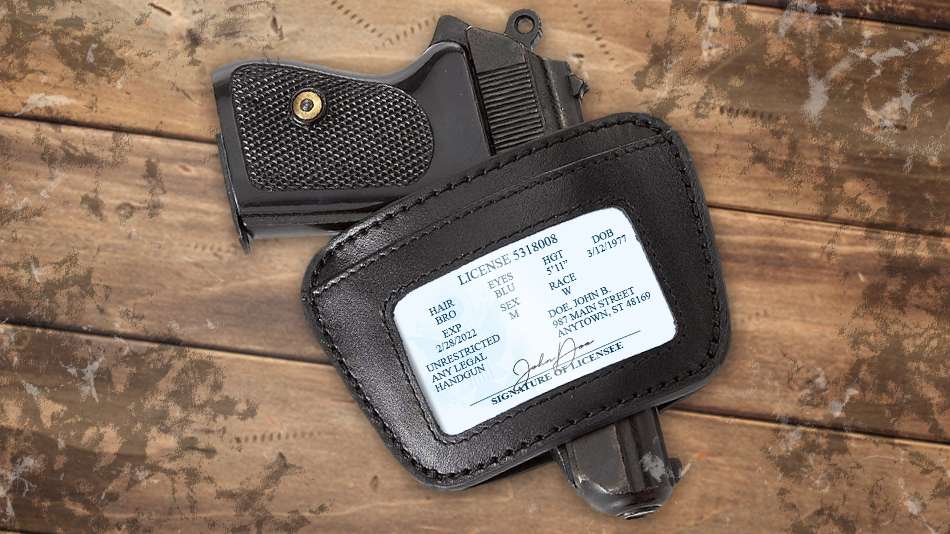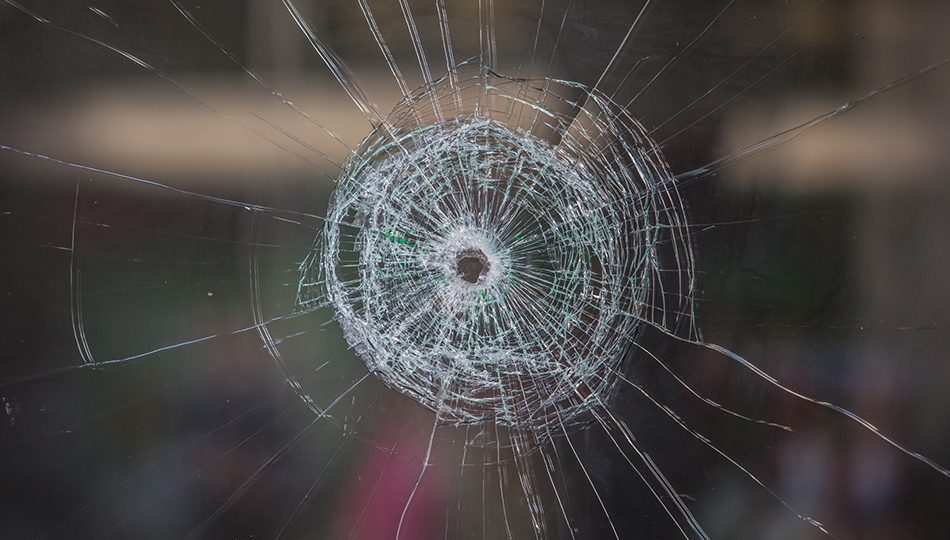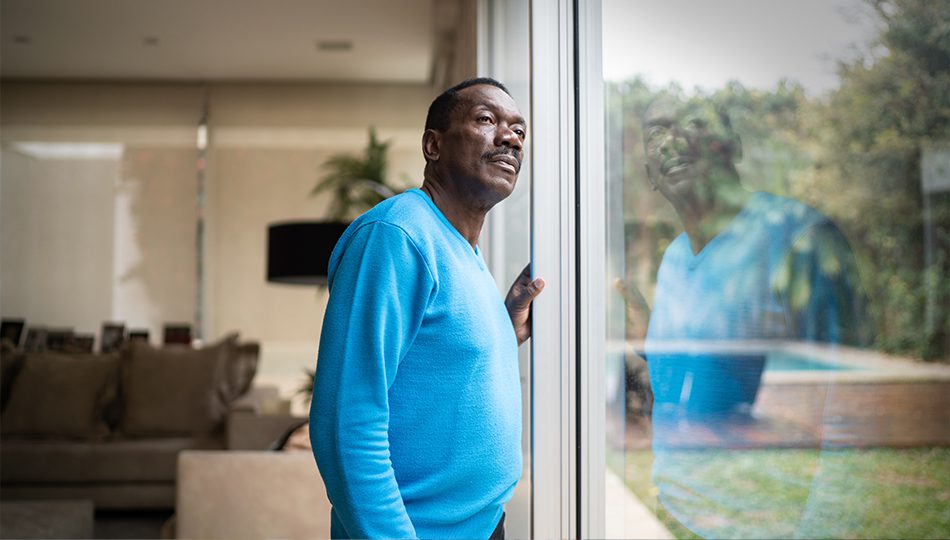
Now that you’ve made the decision to begin carrying a firearm in Virginia, what do you need to know? Generally, Virginia is an open carry state; however, there are benefits to obtaining a Virginia Concealed Handgun Permit (“CHP”), which allows you to carry a concealed handgun. Beginning January 1, 2021, in order to obtain a CHP you need to be able to pass a background check and provide proof of recognized in-person firearms training.
Obtaining a CHP in Virginia
Any person 21 years of age or older may apply to the Circuit Court in the county of his or her residence. The CHP application can be obtained from the State Police. The applicant must also provide valid photo identification and pay the required fee.
When carrying a concealed firearm, you must carry your CHP as well as a second valid form of government issued photo identification.
There are several benefits to having a CHP. It allows you to legally conceal a firearm on your person. It also exempts you from Virginia’s “one handgun a month” law and bans on “assault weapons” in certain areas.
Enjoying this content? Find out how you can get more sent straight to your inbox.
Assault weapons are defined in Va. Code § 18.2-287.4 as “(a) semi-automatic center-fire rifle or pistol that expels single or multiple projectiles by action of an explosion of a combustible material and is equipped at the time of the offense with a magazine that will hold more than 20 rounds of ammunition or designed by the manufacturer to accommodate a silencer or equipped with a folding stock or (b) shotgun with a magazine that will hold more than seven rounds of the longest ammunition for which it is chambered.” Such weapons are generally prohibited for those without a CHP on “any public street, road, alley, sidewalk, public right-of-way, or in any public park or any other place of whatever nature that is open to the public in the Cities of Alexandria, Chesapeake, Fairfax, Falls Church, Newport News, Norfolk, Richmond, or Virginia Beach or in the Counties of Arlington, Fairfax, Henrico, Loudoun, or Prince William.”
Prohibited Places
Keep in mind, simply having a CHP does not allow you to carry in prohibited areas. Places like post offices, courthouses, and airports remain off-limits even for those with a valid CHP.
Renewals
The Virginia CHP is valid for five years and remains valid even if your address changes. If you move, for a fee not to exceed $10, you may have the Circuit Court update the address on your CHP. When it’s time to renew a Virginia CHP, you may do so by mail, without having to be physically present in court. To do this, you must mail the application along with a photocopy of a valid photo identification and the fee required by your county.
You may renew before your existing permit expires. If a new permit is issued while an existing permit remains valid, the new five-year permit will become effective upon the expiration date of the existing permit, provided “that the application is received by the court at least 90 days but no more than 180 days prior to the expiration of the existing permit.” See Va. Ann. Code § 18.2-308.010
For any questions regarding getting a Concealed Handgun Permit in Virginia, call U.S. LawShield and ask to speak to your Independent Program Attorney.
Your Protection Starts Here!
The information provided in this publication is intended to provide general information to individuals and is not legal advice. The information included in this publication may not be quoted or referred to in any other publication without the prior written consent of U.S. LawShield, to be given or withheld at our discretion. The information is not a substitute for, and does not replace the advice or representation of a licensed attorney. We strive to ensure the information included in this publication is accurate and current, however, no claim is made to the accuracy of the information and we are not responsible for any consequences that may result from the use of information in this publication. The use of this publication does not create an attorney-client relationship between U.S. LawShield, any independent program attorney, and any individual.





I found it helpful when you said that you need to be able to provide proof of recognized in-person firearms training and pass a background check in order to obtain a CHP. My husband and brother will surely appreciate this tip because they are both interested in buying guns for protection purposes. They are both working at night, and guns give them some sense of protection. I will ask them to consider finding a firearms training course where they have themselves enrolled.